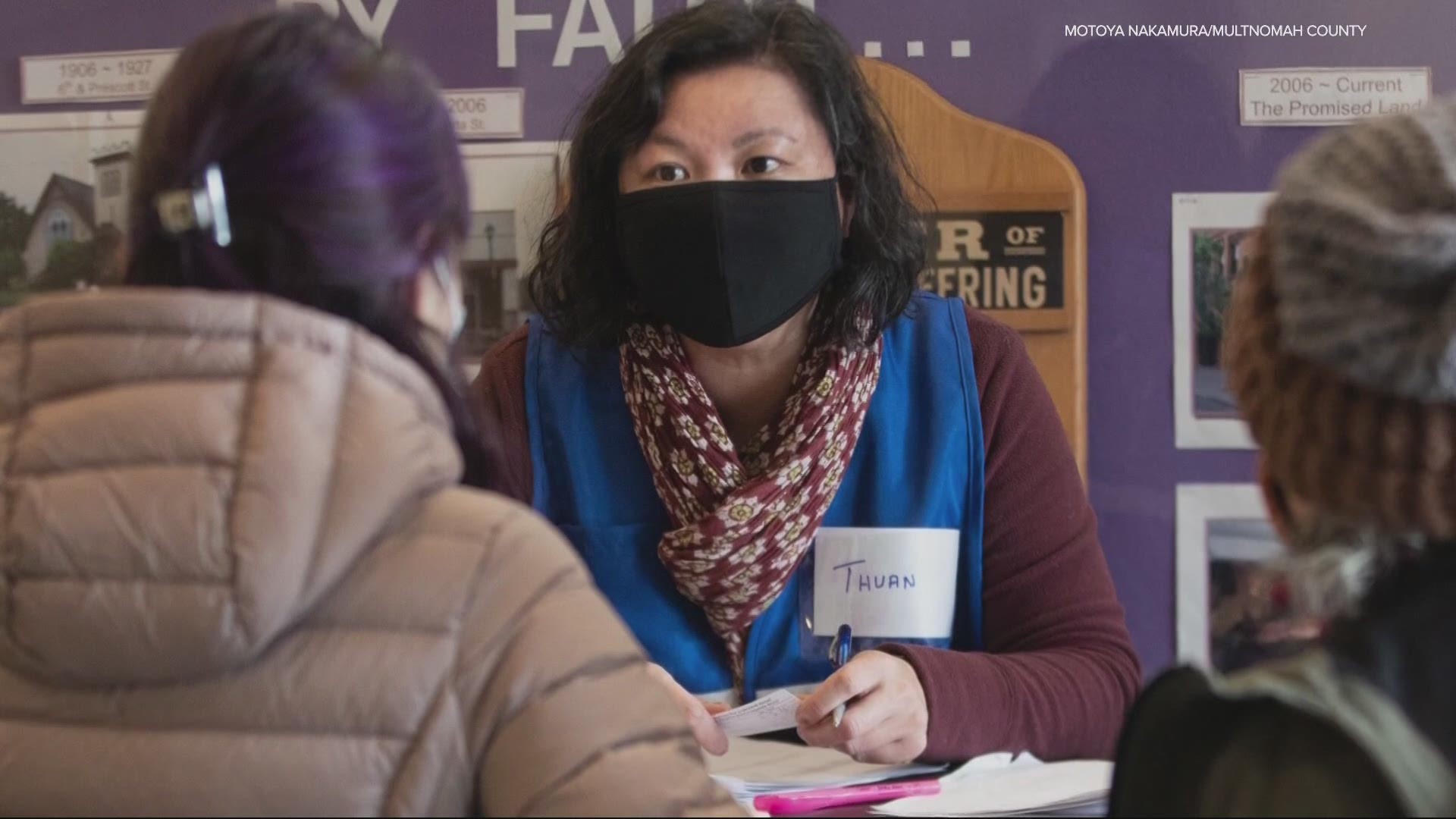PORTLAND, Ore. — Dr. Anjabeen Ashraf has worked as a mental health professional for more than a decade. One thing has become abundantly clear.
“Our professionals are predominantly white,” she said.
Dr. Ashraf says only 10% of the mental health workforce in Oregon is BIPOC. Making matters even worse, the pandemic has disproportionately impacted the BIPOC community. Dr. Ashraf argues there is no better time than now for Black, Indigenous and People of Color to be able to connect with a BIPOC mental health counselor.
“Going to someone as a client, as a BIPOC client, going to a professional who’s also in a shared identity can have a sense of safety and trust," Dr. Ashraf said.
Dr. Ashraf reached out to state lawmakers and her pleas for help did not fall on deaf ears.
“It’s worth it to fight for the mental health of BIPOC Oregonians,” said Rep. Janelle Bynum.
Rep. Bynum is one of the chief sponsors of Oregon House Bill 2949. It aims to bring more BIPOC mental health professionals into the workforce through pipeline development and scholarships, among other things.
“We are addressing supervision costs,” she said. “We’re addressing people who have been formerly incarcerated and allowing them to engage in programs so they can become licensed. We’re addressing the cost of getting your licensure in the first place, not just supervision costs, but with student loan forgiveness, things like that.”
As the bill moves through the Legislature, Rep. Bynum expects licensing boards to be a major obstacle. She said they are staffed by people not of color. Rep. Bynum remains confident though.
“Do I think we’ll have a bill that passes this session? Absolutely,” she said. “Do I think I’ll get everything? Probably not but it’s worth it to me.”
And to Dr. Ashraf who says the mental health of the community as a whole is at stake.
“Our communities are only as healthy as all of us are,” Dr. Ashraf said. “If our BIPOC community members who have been disproportionately impacted historically, but also in light of the COVID-19 pandemic, aren’t well then our communities can’t be well.”

